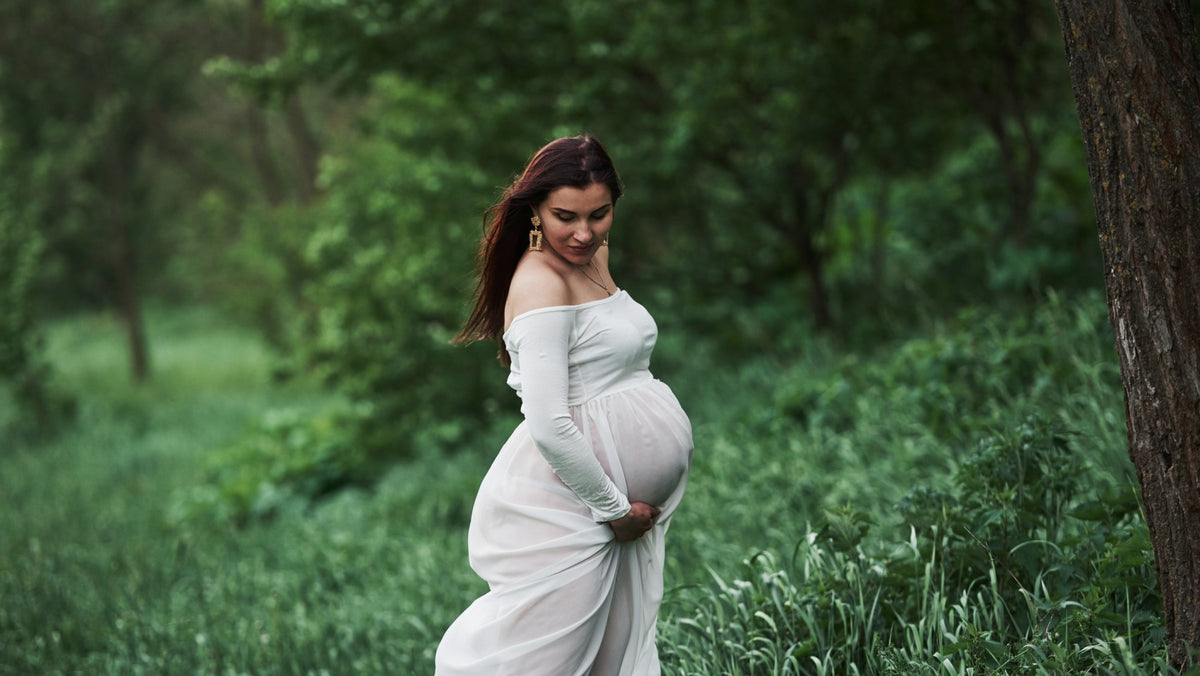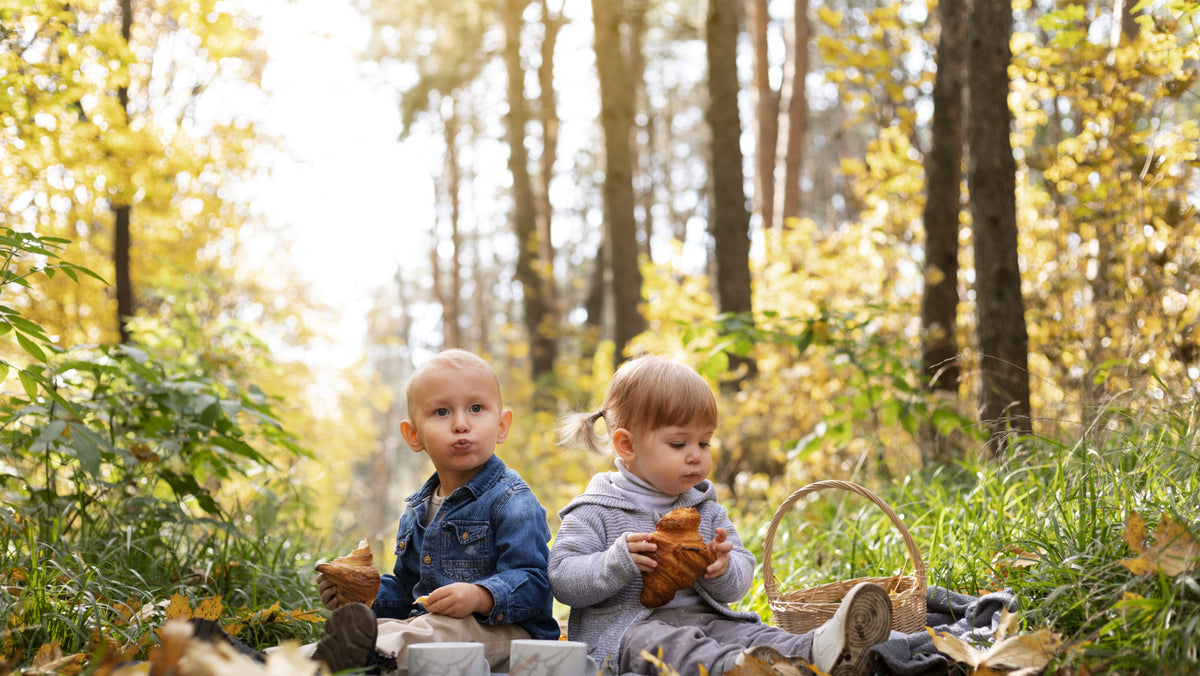Explaining War to Children

Explaining war to a child can be hard and even distressing for a parent. Ultimately it is something where ongoing hurt, hunger and even death may need to be explained. How do we tell them that entire countries have different views which have resulted in war? That then resulted in people being hurt and killed.
With Anzac day approaching, many children will learn about war for the first time in School and in Kindergarten. Is is important to remember those Australians and New Zealanders who served and died in all wars, conflicts, and peacekeeping operations that is marked annually on 25 April, (the anniversary of the Gallipoli campaign of the First World War).
Each generation learns of the contribution and suffering of all those who have served. As parents we are often the ones who need to answer the follow on questions about war, what they see on the news and what they learn at Kindergarten, Daycare and School.
But how do we explain that adults try to hurt one another and in the same breath tell our children to never fight one other? And, at what age do you start to talk of war?
Keep it simple
Younger children may not grasp much about an explanation of war so keeping it super basic and explaining simply that there were some countries that didn’t like each other fought a war could keep the questions at bay. Even just simply saying there are “bad people” who do bad things may suffice for very young children.
Older children (over 6) may not be able to understand the political or religious aspects of a war, but they can grasp certain concepts and feelings in their own life like loss and pain that are present in war. They also may be able to grasp how war can separate families and how people were taken from their homes.
Give a sense of distance when you talk of war
We are very lucky in New Zealand where war is not on our doorstep. Explain that the world wars were fought many years ago and current wars are fought far away in other countries. Giving a sense of distance takes any worry out of the situation so they will not fear it happening to them.
Explaining war on TV
Explaining the horrors of the 6-oclock-news is hard. Always explain the “helpers” and point out the people helping. Explain that when bad things happen, you help the people around you and people will help you.
Explain the details in a way they can understand
Explaining that children in times of war may not have many toys or clothes to wear and that there isn’t much food to eat sometimes is a great way to explain the struggle in a way that can mirror the things in their own lives.
Take them to the museum
There are often great resources about war at your local museum. This can be a great experience. They can see what people wore and ate, the “olden day” medical kits and uniforms.
This is also especially educational when it comes to learning about the history of their own country too. Where we have been as a country and where we are now.
Anzac Day is a national day of remembrance in Australia and New Zealand that broadly commemorates all Australians and New Zealanders “who served and died in all wars, conflicts, and peacekeeping operations” and “the contribution and suffering of all those who have served”.
After the recent terrorist attack that occurred in Christchurch it is very important to add that these types of events can be traumatic for children. They may see correlation and similarities between both types of events and it is important to talk to your children if they are distressed or worried.
Below are resources and fantastic information on helping children deal with trauma, how to talk to children about terrorism and tips for helping children cope with disaster.
10 Tips for Helping Children Cope with Disaster
Ministry of health – Helping children



